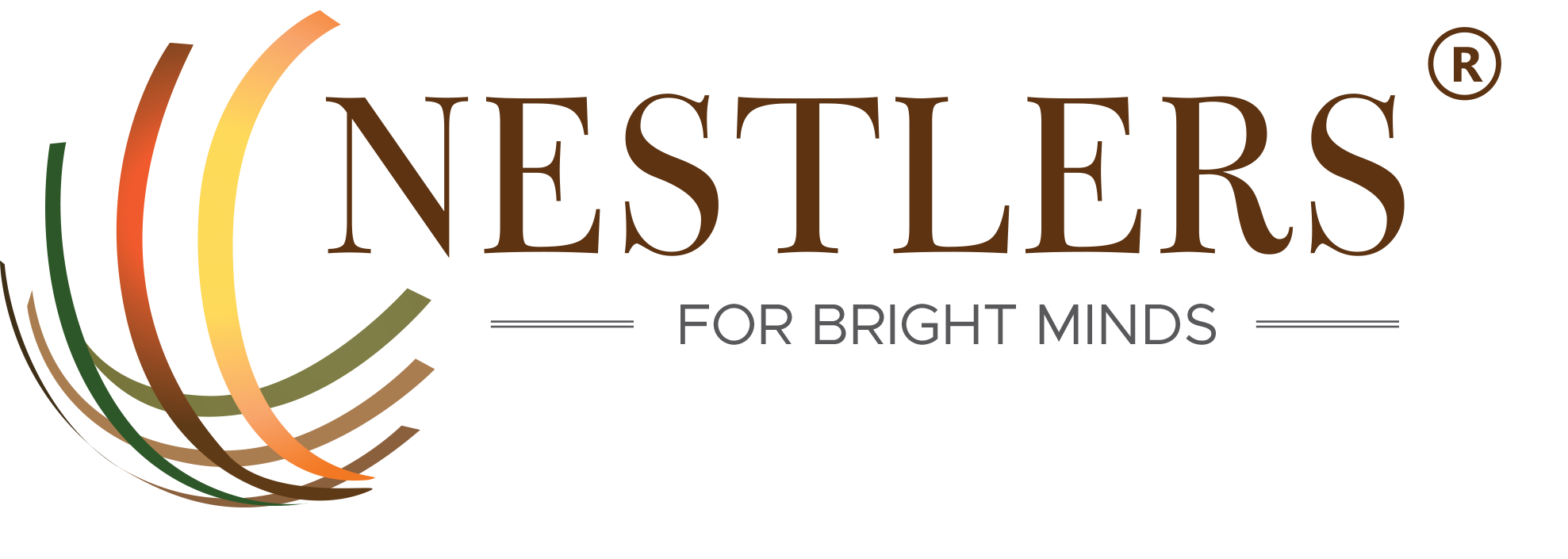In a move designed to reshape the nation’s approach to immigration, Poland’s Council of Ministers adopted a resolution on 15 October 2024 that outlines a comprehensive new Migration Strategy for 2025–2030. Titled “Regain Control, Ensure Security,” this framework aims to fortify national security by regulating and monitoring migration processes more effectively. Below is an in-depth exploration of the strategy’s key features, its anticipated impact on foreign nationals, and how global mobility service providers such as Nestlers Group and xpath.global help address evolving challenges.
1. Overview of the New Polish Migration Strategy
1.1 Core Objectives
- Regain Control: Reinforce Poland’s autonomy in shaping and governing migration flow.
- Ensure Security: Protect Poland’s internal stability and meet national security objectives.
1.2 Legislative Pathway
The government plans to introduce legislation and regulations that will define the scope, scale, and nature of migration. This includes selecting migrants based on economic necessity, skills alignment with labor market gaps, and country of origin.
2. Eight Key Areas of Focus
2.1 Migration Policy Framework
Underpinning the entire strategy is a set of foundational values and institutional structures to effectively manage immigration. This includes establishing clear objectives and responsibilities across government ministries, streamlining procedures, and enforcing compliance.
2.2 Entry and Stay
The policy envisions a selective entry system that prioritizes foreign nationals with skills that align with Poland’s economic and educational needs. The strategic focus is on balancing national security with the demand for labor and innovation.
2.3 Protection Procedures
While upholding international obligations for asylum and protection, the government aims to prevent misuse of these pathways. Asylum processes will be scrutinized to ensure that they serve genuine claimants rather than individuals seeking to circumvent standard immigration routes.
2.4 Labor Market Access
The labor market framework will lean strongly toward highly skilled immigration in fields where there is a documented shortage of local talent. This includes:
- Introducing a points-based model for work permit applicants.
- Setting clear thresholds around skills, education, and salary levels.
2.5 Educational Migration
To safeguard academic and training pathways, the government intends to regulate educational migration more strictly. This includes verifying the authenticity of student intentions and preventing fraudulent enrollment schemes.
2.6 Integration of Foreign Nationals
Poland’s government plans on strengthening its integration policies. Foreign nationals will be encouraged (and in some cases required) to adopt Polish cultural norms, language skills, and social practices to foster long-term cohesion.
2.7 Citizenship and Repatriation
Paths to Polish citizenship, especially for individuals of Polish descent, will be clarified and potentially accelerated. This reflects the ongoing commitment to engage the global Polish diaspora and welcome those with verifiable Polish roots.
2.8 Polish Diaspora
A separate but related initiative focuses on maintaining relationships with the Polish diaspora, incentivizing returnees, and simplifying immigration procedures for Polish nationals abroad who wish to repatriate.
3. Key Labor-Related Changes
3.1 Shortage Occupations
Poland will actively attract foreign nationals to address critical skill gaps. Priority will be given to areas that cannot be readily filled by Polish citizens, such as advanced tech, engineering, and specialized healthcare roles.
3.2 Points-Based Model
One of the most notable changes is the shift to a points-based work permit system. Applicants must meet or exceed a set minimum score, based on factors such as:
- Education level and field of study
- Relevant work experience and skill sets
- Language proficiency
- Salary levels in line with Polish standards
3.3 Selective Visa Policy and Consular Autonomy
A more selective visa policy will weigh an applicant’s country of origin, specialized skills, and salary benchmarks. Polish consulates will have greater autonomy, using technological solutions to automate applications and reduce processing times. However, they will also be mandated to verify documents meticulously, ensuring the legitimacy of each applicant.
3.4 Digitization and Fraud Prevention
The residency and work authorization processes will be digitized to speed up decision-making and reduce the risk of fraudulent applications. The authorities aim to limit the involvement of intermediaries to cut down on misuse and false representation.
3.5 Long-Term Shortage Occupations
A dedicated “long-term deficit occupation list” is expected to be a cornerstone of the new policy. Applicants who meet the following criteria will receive priority:
- Nationality from an OECD country or a country with a Poland/EU readmission agreement
- Highly specialized skills in a recognized shortage occupation
- A salary comparable to the industry standard for Polish workers
- Employment with a company that demonstrates strategic investments in Poland
3.6 EU Blue Card as Primary Pathway
The EU Blue Card remains the principal route for highly qualified professionals, indicating that Poland seeks to stay aligned with the broader EU policy for attracting global talent.
3.7 Employment Declarations
Poland may revise its list of countries eligible for the simplified employment declaration route. Currently, nationals of Armenia, Belarus, Georgia, Moldova, Russia, and Ukraine benefit from this process, but changes may soon be on the horizon.
3.8 Employer Integration Responsibility
Firms employing foreign nationals on a larger scale may be required to assist in the integration process, potentially including:
- Financial support for language courses or cultural orientation
- Guidance on local administrative processes and community engagement
4. Potential Impact on Employers and Foreign Nationals
4.1 Streamlined Path for High-Skilled Talent
Companies in sectors facing labor shortages will benefit from prioritized processing, making it quicker and more predictable to hire specialized foreign talent.
4.2 Stricter Conditions for Students
Foreign students may see increased scrutiny, particularly around the legitimacy of their educational intent. This could deter those using student visas as an indirect entry point into the European labor market.
4.3 Robust Integration Measures
Foreign nationals who meet the criteria for residence can expect more structured integration programs. However, non-compliance with integration measures could lead to challenges in renewing status or, in extreme cases, lead to deportation.
4.4 Heightened Security and Compliance
Employers face stricter documentation requirements, further underscoring the need for well-organized immigration practices. Non-compliance or abuse of the system could result in penalties, especially in cases of fraudulent or incomplete applications.
5. How Global Mobility Providers Can Help
Navigating complex new immigration frameworks often requires specialized support. Two prominent global mobility service providers that address challenges under Poland’s new strategy include:
5.1 Nestlers Group
With deep expertise in cross-border talent management, Nestlers Group provides:
- Comprehensive immigration advisory for corporate clients
- Integration support services
- Compliance and documentation solutions tailored to evolving regulations
5.2 xpath.global
One specific challenge in this new environment is the growing complexity of digitized processes. xpath.global solves the problem of managing multiple immigration and relocation workflows by offering:
- A centralized digital platform to track immigration documentation, status updates, and deadlines.
- Global mobility support services for relocating or posted employees.
- Scalability for employers handling multiple relocations simultaneously.
By leveraging platforms like xpath.global, companies can reduce administrative overhead, minimize the risk of non-compliance, and ensure a smoother relocation experience for their international employees.
6. Looking Ahead
Poland’s Migration Strategy 2025–2030 is a significant turning point that will redefine how employers recruit and retain foreign professionals. While the priority lies in securing Poland’s national interests, the strategy also intends to maintain a welcoming stance toward highly skilled and genuinely motivated individuals who contribute positively to society and the labor market.
For organizations and foreign nationals alike, proactive planning and professional support are crucial. Staying informed and agile in response to these new regulations will be pivotal to ensure successful, compliant migration to Poland.
Key Takeaways
- Selective Approach: Poland is pivoting to a controlled, needs-based migration system.
- Points-Based Work Permits: Highly skilled workers will benefit most from streamlined processes.
- Digitization & Security: Automation aims to reduce fraud and expedite legitimate applications.
- Integration & Responsibility: Employers must play a more active role in helping foreign workers integrate.
- Expert Support is Essential: Global mobility specialists like Nestlers Group and digital platforms like xpath.global can help navigate these sweeping changes.
If your organization is planning to relocate employees to Poland or you are a professional seeking opportunities under the new Migration Strategy, now is the time to prepare. Take advantage of experienced global mobility providers and technology solutions to ensure a smooth transition into Poland’s evolving immigration landscape.
Connect with Nestlers consultants
Do you need immigration and relocation services or consultancy?
It’s easy! Use the below contact form and one of our experts will provide you an answer as soon as possible.
Our consultants can help you in obtaining legal documents and can provide you with assistance regarding the immigration processes, relocation, taxes and payroll, Social Security (European forms A1, S1, U1, etc.) for your employees.





